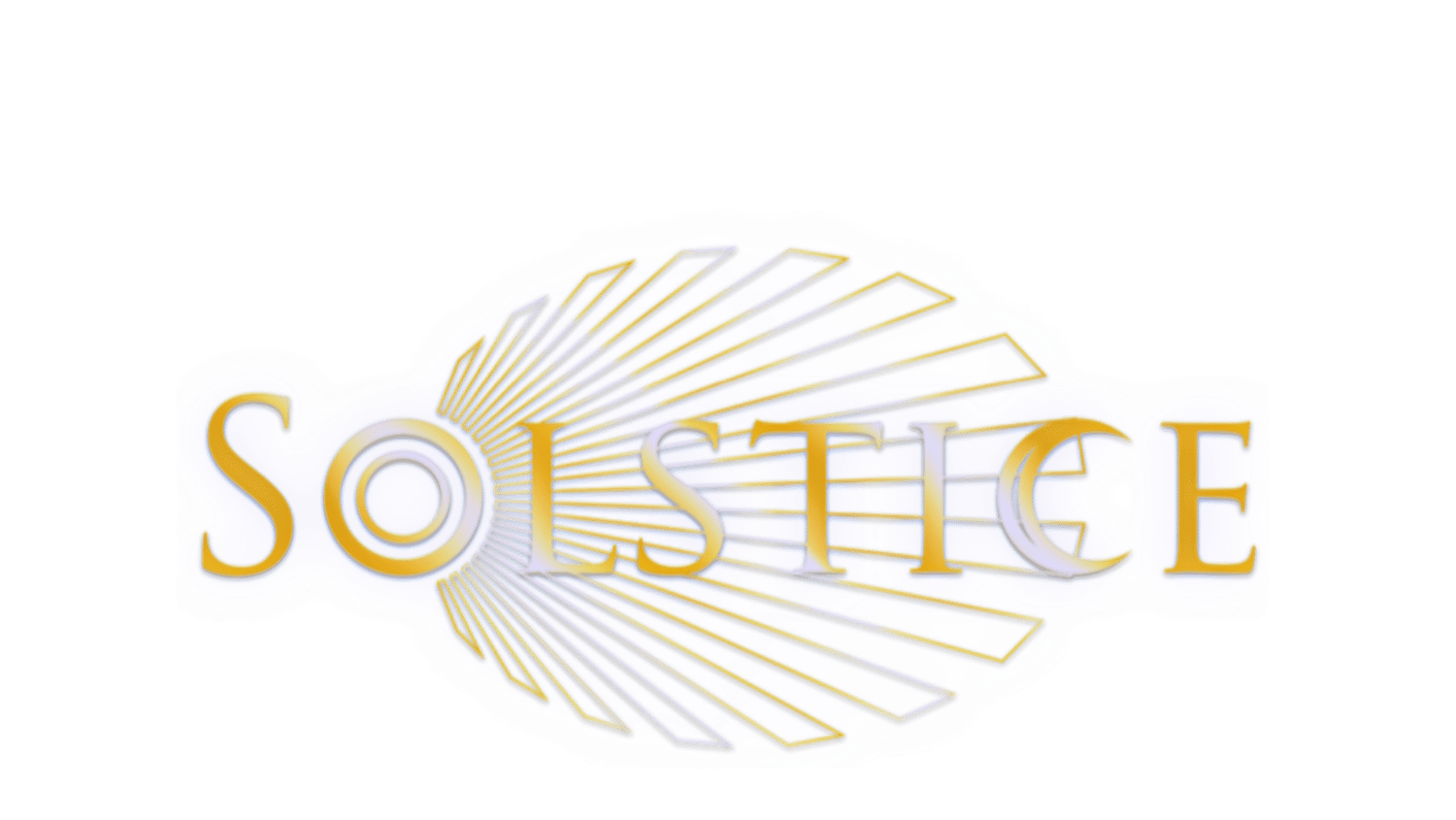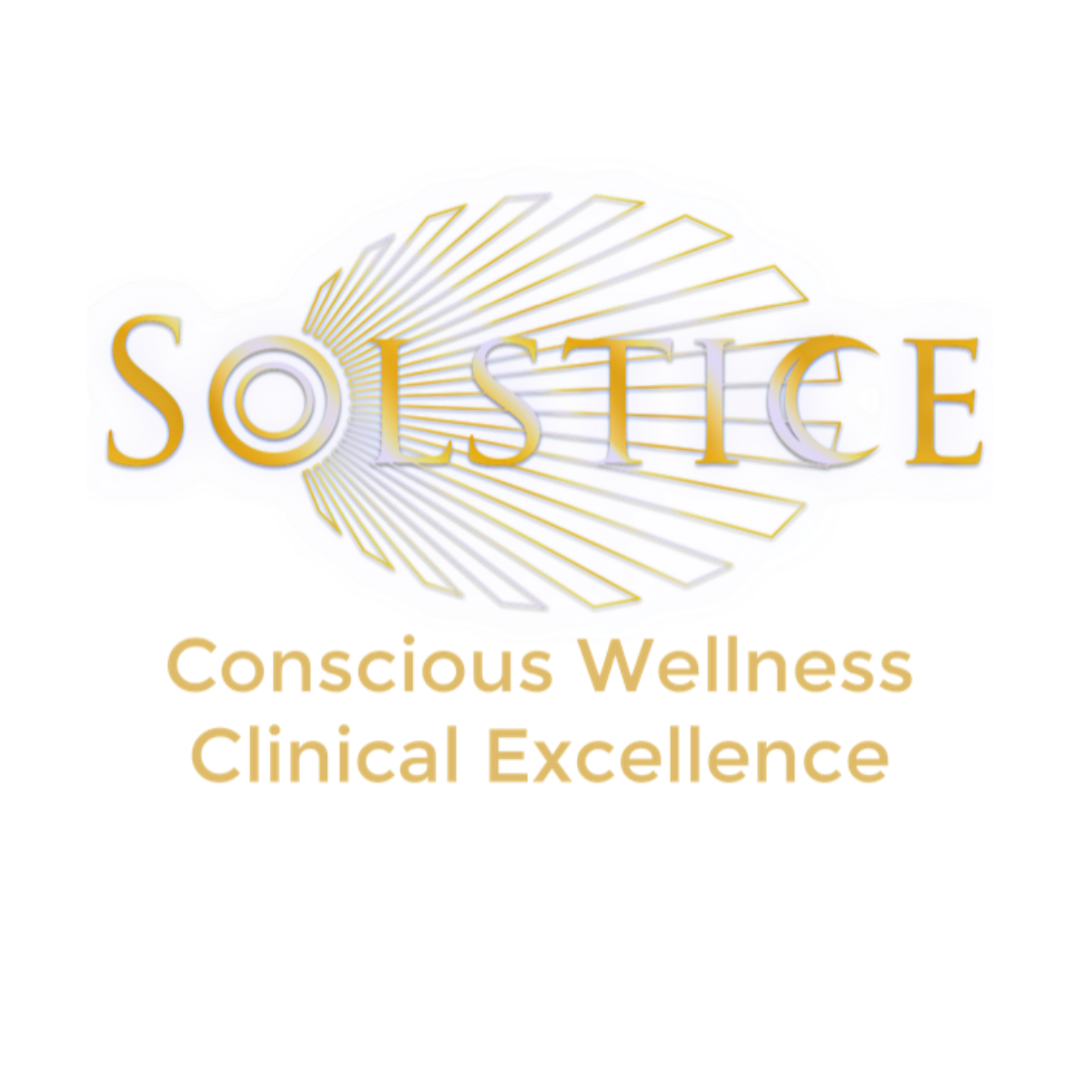Breaking the Cycle
We need to heal so we don’t pass our trauma to the next generation.
By Annabel Cooper as appeared in the Royal Gazette.
Sometimes, an adverse childhood experience can be so painful it doesn’t just impact the person it happened to.
Children, grandchildren and even later generations can also feel the knock-on effects from a seriously harmful experience, whether it’s a historical disaster, war, enslavement, or simply a deeply personal ordeal suffered by an individual.
This phenomenon, known as intergenerational trauma, is one of the leading concerns among mental health specialists in Bermuda today.
They believe the cycle can be broken - but only if the historical trauma is acknowledged and addressed, and those who are suffering receive the right support.
Roots of our Trauma
Kelly Madeiros, a veteran social worker and managing director of Solstice, noted some of the deepest roots of Bermuda’s trauma lie in our history of slavery and racial segregation, which left behind longstanding economic, social and psychological disparities.
“Many families experience forced displacement, limited access to education and systemic disenfranchisement,” she said. “These stressors didn’t just disappear. They became embedded in family stories, belief systems and responses to adversity.”
“Additionally, issues like substance misuse, domestic violence and unresolved grief often stem from earlier unacknowledged trauma.”
One of the challenges in addressing the intergenerational trauma, explained Ms. Madeiros, is the fact that “it often goes unspoken or is misunderstood as simply how things have always been.”
Prevalence and Presentation
Conducted between 2018 and 2020, the Bermuda Adverse Childhood Experience (ACES) study, gives one of the clearest indicators about this type of trauma on the island.
Adverse childhood experiences the study asked about were physical neglect, emotional neglect, parental separation, incarcerated relative, substance abuse, domestic violence, mental illness, physical abuse, emotional abuse, sexual abuse, road traffic accidents, poverty and experiencing racism.
One in three adults in Bermuda reported four or more adverse childhood experiences.
“What’s striking is that many of these ACES don’t occur in isolation,” said Ms. Madeiros.
“They are often rooted in patterns passed down through generations. A parent who struggled with addiction or violence may have grown up in a household marked by similar experiences.”
Throughout her 25-year career in the mental health field, Ms. Madeiros has worked with people who experienced emotional neglect or abandonment in childhood because “their parents were still carrying their own unresolved trauma from institutionalisation or family separation.”
She said: “In some cases, grandparents experienced overt racism or economic exclusion and became emotionally distant or overly protective, which shaped how they raised their children and grandchildren.
“The result is often patterns of mistrust, emotional shutdown, or difficulty forming safe, secure relationships.”
Poverty and Bermuda’s high cost of living also make the cycle difficult to break.
“A family whose grandparents and parents didn’t get through middle or high school may have been hard-working citizens, but could never get financially and economically ahead. These families may or may not put similar values on completing education, as in many cases, survival is the priority and making money is required.”
Dropping out of education early can worsen the situation, especially if they become parents themselves and have to work several jobs to make ends meet.
“Mom is working three jobs, Dad is absent, children act up at school, get labelled, they may have an undiagnosed learning disorder, they get kicked out of school, get into trouble with the law, the cycle continues.”
Ms. Madeiros also warned about the prevalence of sexual abuse in Bermuda.
“I have met families where an individual has been sexually abused by a family member and they are told this is your rite of passage or this is what happens and you need to be quiet, and often it has happened to that family member.”
Mental and Physical Impact
Intergenerational trauma can present itself in different ways.
“Chronic anxiety, emotional dysregulation, difficulty trusting others, low self-worth, perfectionism or even overachievement as a form of coping,” Ms. Madeiros said.
“In some cases, individuals may struggle with unexplained sadness, rage or a sense of disconnection without understanding why, and it often links back to unresolved family trauma.”
Dr. Sandy De Silva, a clinical psychologist and executive director of Family Centre, noted the ACEs study confirmed intergenerational trauma can also take a physical toll.
“What the research found is that the more adverse childhood experiences that a person had, led to a 35-fold increase in the risk of developing diseases like type 2 diabetes, heart disease and stroke,” she said.
Other chronic health conditions linked to ACEs include asthma, cancer, obesity, chronic pain and autoimmune issues. While many of these conditions can be linked to the impact of stress on the body, some, in particular obesity, can be caused by other factors.
If someone has been sexually abused, for example overeating may be a form of protection.
Ms. Madeiros said: “If looking unpretty makes them less attractive to have their bodies taken advantage of, then that’s the coping mechanism that people are willing to live with.”
Take Care of Yourself
Dr. De Silva said breaking the cycle of intergenerational trauma and then healing.
She said: “Education is about ‘something happened to you and it shouldn’t have happened to you. I’m so sorry that happened to you. What you’re experiencing are pretty normal consequences of a trauma having affected you.’
“Making that connection between trauma and then a person’s thoughts, behaviours, feelings and physiology. All four of those things are interconnected.”
Healing, she advised, can involve a number of treatments. These can include counselling, “to talk through all of these traumatic experiences.” Different types of therapy are available for people who don’t want to talk.
Therapy can be expensive, even if you have insurance, but Family Centre is available for children and families, and the Mid-Atlantic Wellness Institute for adults, with no out-of-pocket payment.
Taking care of yourself, Dr. De Silva added, is also a form of healing.
“Maybe it’s my body belongs to me and so I need to eat right. I need to take care of it. I need to exercise. Maybe the first step is: ‘Have you gone to see a doctor? You’re not feeling right. Lots of stuff happened to you.’”
What’s important, she added, is being open and incentivised to healing.
“There’s no better incentive than when we think about the next generation and our little loved ones.”
For children who need to heal, enriching activities can help, as well as being surrounded by trusted, safe adults.
“Children who participate in sports and fun after-school programmes that are involved with their faith. Sit and eat dinner with their families. Put those devices away. You’re building resilience. You’re building protective factors,” she said.
Ms. Madeiros said: “As a community, we also have a role to play through education, social policy, access to mental health care and lifting up families who have been historically underserved. While it may take several generations to fully undo the effects of historical trauma, meaningful change can start in a single lifetime.”


